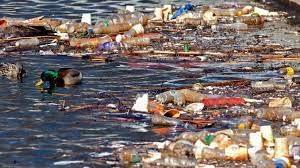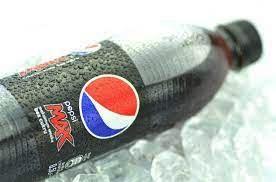 On November 15th National Recycle Day, the Attorney General of the state of New York Letitia James filed a lawsuit against PepsiCo alleging “harm to the public and the environment through single-use plastic packaging”. The lawsuit is intended to restrain PepsiCo from the sale and distribution of products packed in single-use containers without adequate information to consumers.
On November 15th National Recycle Day, the Attorney General of the state of New York Letitia James filed a lawsuit against PepsiCo alleging “harm to the public and the environment through single-use plastic packaging”. The lawsuit is intended to restrain PepsiCo from the sale and distribution of products packed in single-use containers without adequate information to consumers.
The lawsuit is loosely based on the “Green Amendment” approved in New York in 2021 requiring that “each person shall have a right to clean air and water and to a healthful environment.”
Studies have disclosed that plastic waste along the Buffalo River in NY. contains a disproportionate amount of plastic waste derived from PepsiCo products. This assertion is also supported by a 2018 study conducted by environmental activist organization Break Free From Plastic that determined that PepsiCo was the second most prevalent producer of branded plastic waste and was the top producer between 2020 and 2022.

The complaint alleges that PepsiCo “failed to warn the public or consumers of its potential to contribute to plastic pollution in waterways.” The New York attorney general states that PepsiCo uses refillable and returnable glass and plastic in international markets but has failed to use alternatives to single-use plastic in the U.S.
Documentation submitted to the Courts stated that PepsiCo established goals to incorporate recycled plastic but has made little progress in reducing virgin content. In 2019 PepsiCo announced that first-use plastic would be reduced to 35 percent in bottles by 2025. It was stated that the company has made little progress in introducing recycled content and has adopted a policy of simply extending the year for compliance.

The nonprofit Beyond Plastics has called on Attorneys General of other states with problem of waterway pollution to take legal action against manufacturers using single-use plastic containers.
This action by the Attorney General of New York State has implications for the egg industry that uses both styrofoam and PET containers for eggs. There is growing international and national concern over plastic pollution given recent findings that microplastics cause adverse health effects in addition to cleanup costs. Manufacturers of other than fiber and other biodegradable egg cartons should consider programs to recycle containers and to incorporate additional second-use plastic in the interest of health and sustainability.